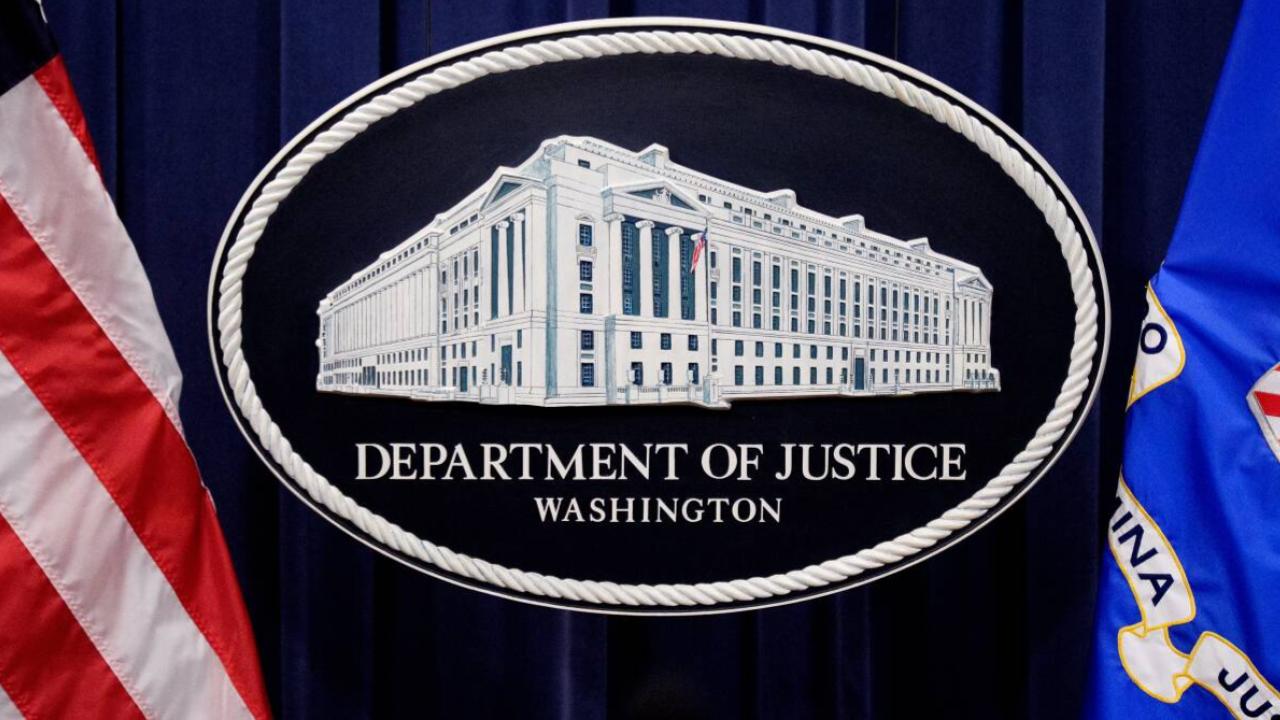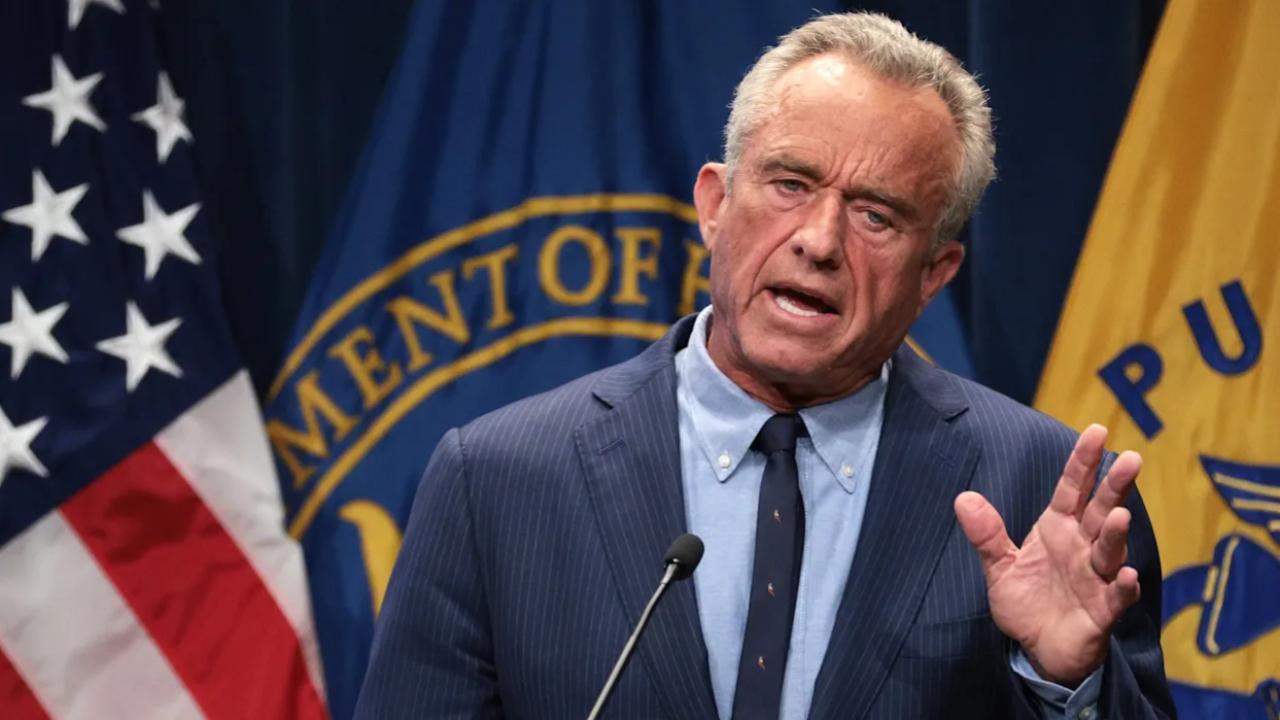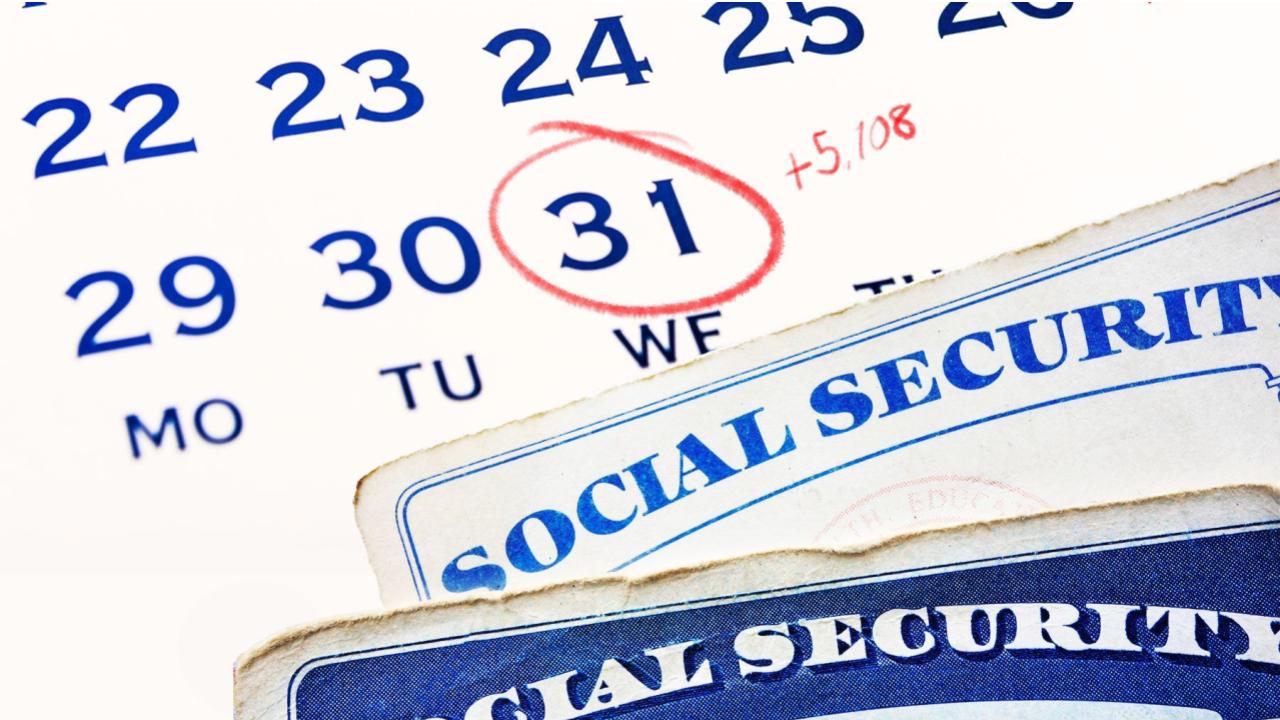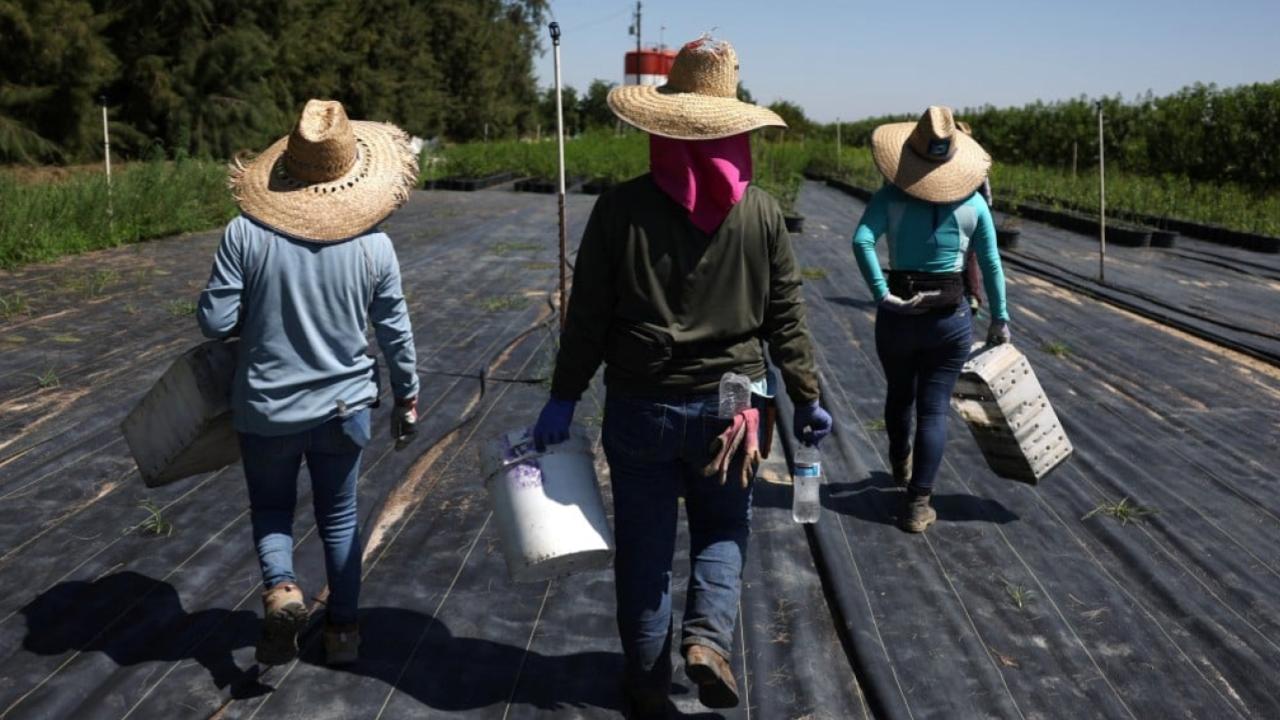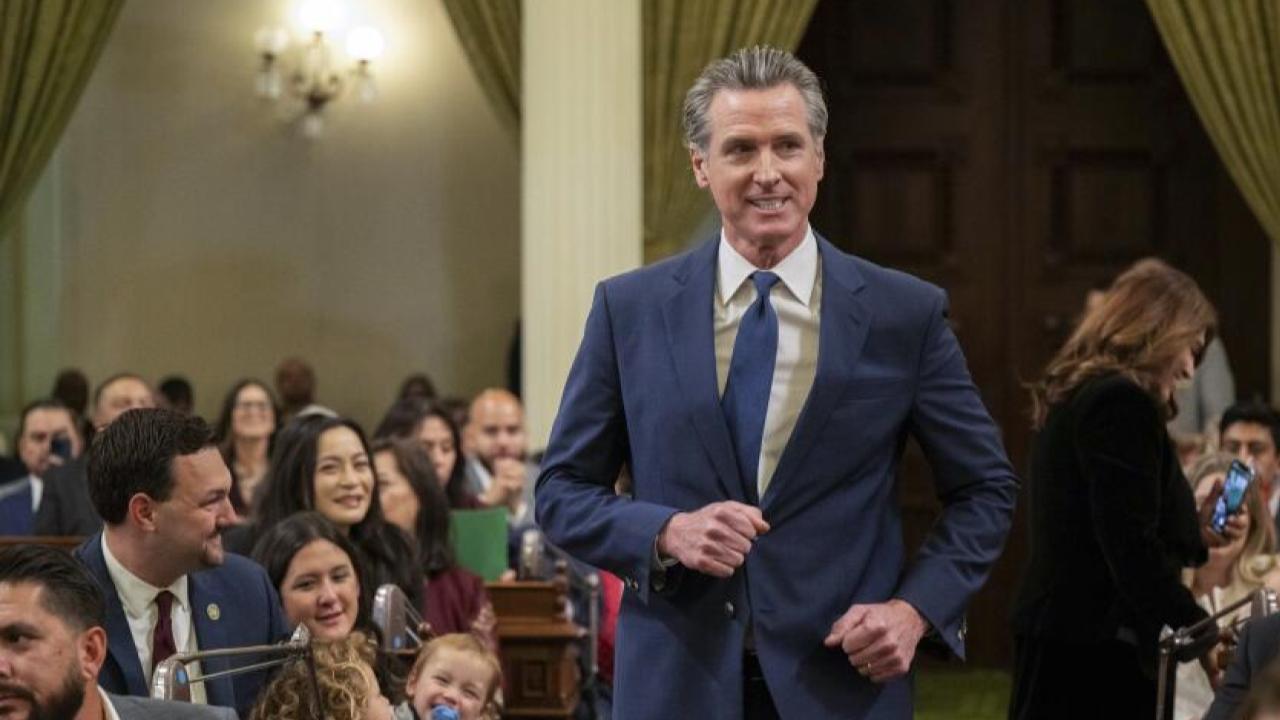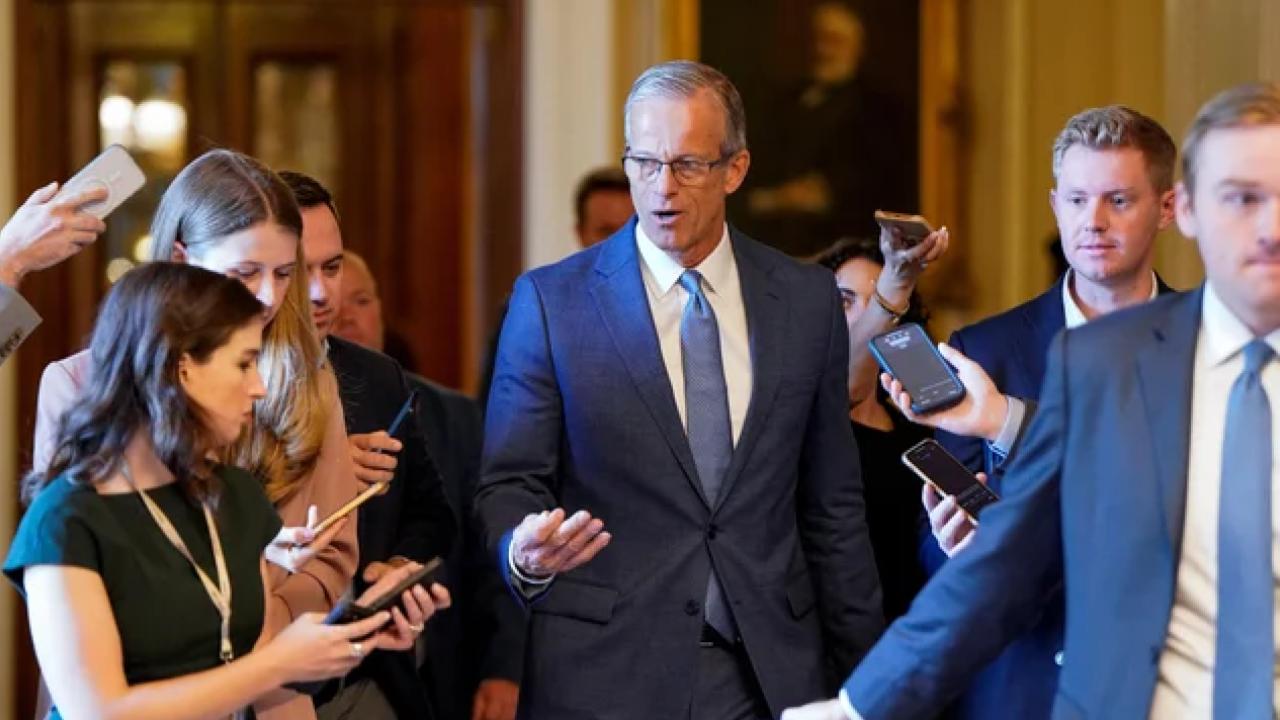Donald Trump isn’t mincing words. Ahead of a headline-grabbing White House showdown, the former president called South Africa “out of control”—igniting international tension and putting U.S.-South Africa relations in the hot seat.
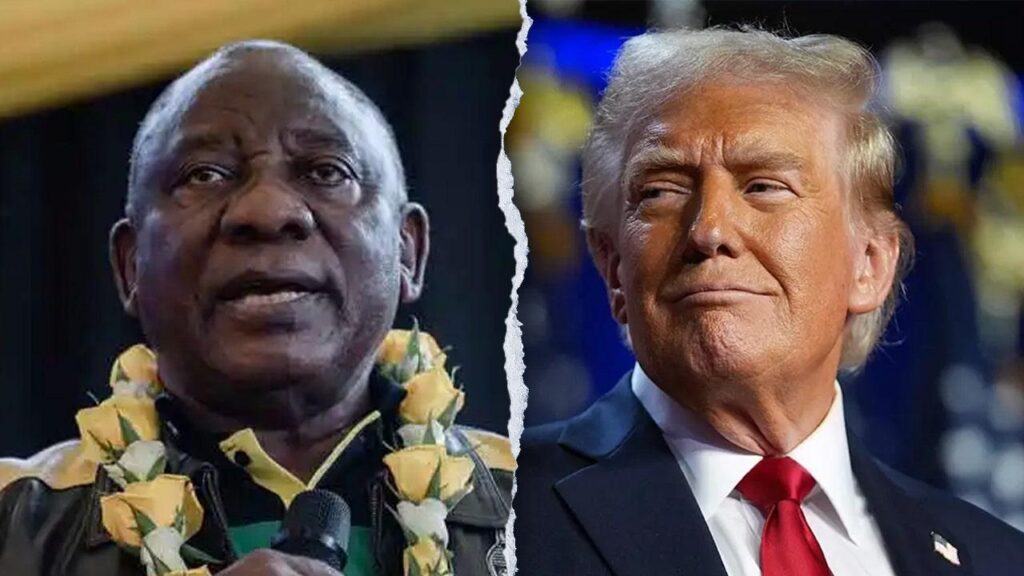
President Trump is meeting with South African President Cyril Ramaphosa amid growing pressure from both sides. The issues on the table? Land seizures, racial tensions, American business interests, and a diplomatic meltdown tied to South Africa’s support for Palestine at the International Court of Justice. It’s a high-stakes face-off that could shake up global politics and economic ties between two major nations.
Trump Slams South Africa Ahead of Explosive White House Meeting
| Topic | Details |
|---|---|
| Event | Trump-Ramaphosa White House meeting |
| Trigger | Trump called South Africa “out of control” |
| Key Issues | Land seizures, racial tensions, BEE laws, refugee resettlement, diplomatic standoff |
| US Action | Refugee status for white South Africans, paused aid, business exemptions |
| South Africa’s Response | Denial of genocide claims, push for business deals |
| Potential Deals | Tesla, Starlink projects, trade incentives |
| Diplomatic Fallout | US boycotts G20 in Johannesburg |
The Trump-Ramaphosa White House meeting is shaping up to be a political powder keg. With accusations of racial genocide, economic nationalism, and a fight over corporate equity laws, this ain’t your average diplomatic visit. Trump’s “out of control” label has set the stage for a meeting that could make or break U.S.-South Africa relations for the next decade. Whether it ends in handshakes or hardline ultimatums, all eyes are on Washington.
Why Trump Is Calling South Africa “Out of Control”
Trump has long been vocal about South Africa’s land reform policies, especially the expropriation of white-owned farms without compensation. He claims this amounts to “genocide” against white farmers, a point that’s stirred controversy across the globe. According to him, the South African government is letting racial violence spin out of control—hence the label.
But South African officials say otherwise. Ramaphosa’s administration insists that farm attacks are part of broader criminal issues, not racial targeting. According to police statistics from South Africa’s government, crime affects all communities—white, Black, and mixed—and is driven more by poverty than racial politics.
Still, Trump doubled down. His administration offered refugee status to 59 white South Africans, mostly farmers, and froze financial aid to the country. The move sparked criticism from human rights groups who say Trump’s refugee focus has a racial bias.
What the Meeting Means for the U.S. and South Africa
This ain’t just a meet-and-greet. This White House sit-down is about two things:
- Diplomatic Reset (or Breakdown)
- Money Moves
South Africa’s President Ramaphosa is coming in hot with proposals. He’s trying to salvage relations and secure business deals, particularly from Elon Musk. Yup, you read that right. According to Reuters, the South African leader wants to offer tax breaks, regulatory support, and land access for Musk’s Tesla and Starlink projects.
Why? Because he knows Trump admires Musk’s hustle and influence. Ramaphosa’s even invited famous South African golfers Ernie Els and Retief Goosen to charm Trump—talk about a power play.
The Elephant in the Room: BEE Laws and U.S. Business Interests
A big sticking point for Trump is South Africa’s Black Economic Empowerment (BEE) laws. These laws require U.S. companies to cede 30% ownership to historically disadvantaged Black South Africans in order to operate or secure government contracts.
Trump argues that this puts American businesses at a disadvantage and calls it “reverse discrimination.”
South Africa defends the policy as a necessary correction after decades of apartheid, ensuring Black citizens get a fair shot in the economy. But American corporations—especially in tech, mining, and telecom—have pushed back hard.
That’s why one of Trump’s main asks during the meeting will likely be exemptions for U.S. companies operating in South Africa. And honestly, if Trump doesn’t get them, we could see tariffs or business pullouts.
The Gaza Situation: Adding Fuel to the Fire
Another curveball in this already-tense showdown? South Africa’s legal case against Israel at the International Court of Justice. South Africa accuses Israel of committing genocide in Gaza—something Trump and much of the U.S. establishment flat-out reject.
In retaliation, the U.S. withdrew from the upcoming G20 summit in Johannesburg and expelled South Africa’s ambassador in D.C.
This diplomatic freeze has some analysts comparing the current tension to Cold War-style standoffs, with global alliances shifting and the U.S. reasserting hard-line foreign policy under Trump.
Ramaphosa’s Strategy: Flattery, Investment & Golf Diplomacy
Ramaphosa knows he’s walking into a lion’s den. But his team has a strategy:
- Appease Trump with trade deals
- Lean into mutual business interests (hello, Musk)
- Use South African golf legends to humanize the visit
It’s unconventional, but it might just work. Trump is known to mix business with personal vibes—he’s played dealmaker with less.
If Ramaphosa can pull this off, South Africa could get:
- Revived U.S. aid
- Increased American investment
- A better seat at the global diplomatic table
What Happens If This Goes South?
Let’s be real: if this meeting goes sideways, there are big consequences.
- U.S. investors could pull out
- South Africa’s rand might take a hit
- The diplomatic freeze could deepen
- Trump might expand refugee offerings or sanctions
Plus, expect media chaos, especially with Trump’s base likely to amplify anti-BEE and anti-refugee narratives.
This meeting could set the tone for how the U.S. handles racially complex foreign policy for years to come.
Frequently Asked Questions (FAQs)
Why did Trump call South Africa “out of control”?
He believes the country is failing to protect white farmers and allowing racial violence and land grabs. South Africa strongly denies these claims.
What is the BEE law and why is it controversial?
The Black Economic Empowerment law mandates 30% Black ownership in businesses. Trump sees it as unfair to American companies; South Africa says it’s crucial for economic justice.
Is Trump accepting white South Africans as refugees?
Yes. So far, 59 white South Africans have been granted asylum in the U.S. under Trump’s new directive.
Why is the G20 summit in South Africa being boycotted?
The U.S. pulled out after South Africa filed a genocide case against Israel at the ICJ, escalating diplomatic tensions.
What could come out of the Trump-Ramaphosa meeting?
Possible business deals, aid restoration, or further diplomatic fallout—depending on how both leaders handle the negotiation.

